Certified secure cloud software provides various security measures to safeguard the infrastructure and applications stored in the cloud of a company. This includes user authentication, device control, as well as data access control, and regulatory compliance support. Cloud security usually includes encryption. This can render data inaccessible if it is intercepted and accessed by unauthorised personnel.
If a cloud service fails to provide adequate protection, it can lead to unauthorised access, data breaches, and downtime. A poorly-designed backup plan can increase the risk and a lack of vendor support can slow down incident response and recovery. The identification of vulnerabilities and the development of an effective cybersecurity strategy is crucial to https://dataroomdot.org/what-are-the-key-features-to-look-for-in-a-board-portal-solution/ guard against the risks of inadequate cloud security for providers.
Certain certifications can help professionals acquire the knowledge to work with and protect cloud environments. Certain certifications are vendor neutral, while others focus on the specifics of a cloud environment. The CISSP certification, for instance, can provide a solid base for future professional development and also provide a comprehensive knowledge of cloud security.
Other credentials are more user-friendly and can be used to supplement the knowledge gained at work. CompTIA’s Cloud+ certifies access control and security solutions that are cloud-based environment. IBM’s Cloud-Specific Security Engineer Specialty offers another option for cybersecurity professionals looking to enhance their existing cloud and IT knowledge. This certification teaches engineers how to keep a company’s security in check to investigate security breaches and react appropriately.

Comentarios recientes